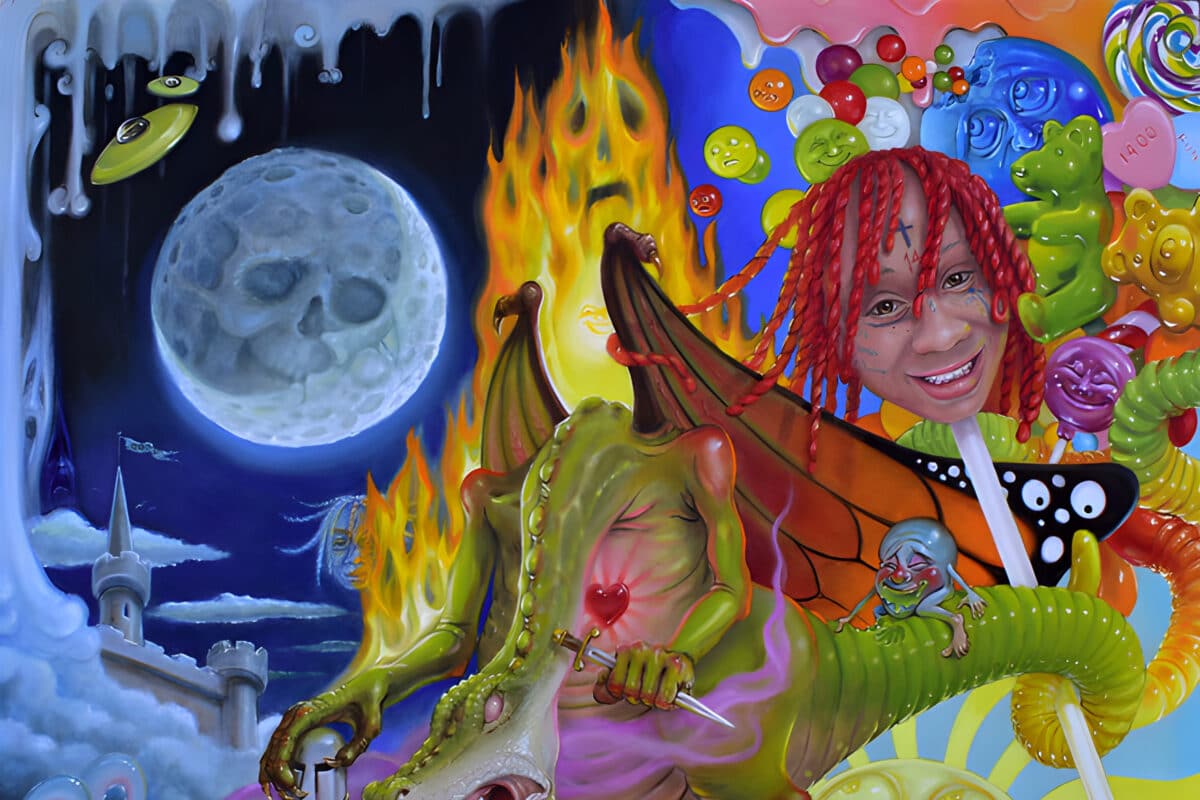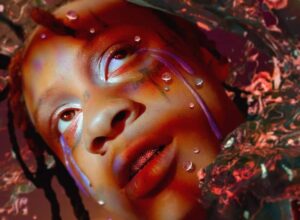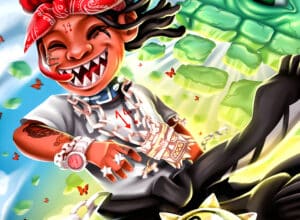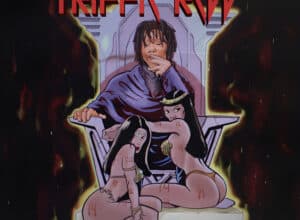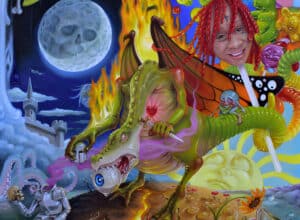Released: 2021
“Miss The Rage” by Trippie Redd featuring Playboi Carti paints a picture of their fast-paced, flashy life as successful hip-hop artists. Using rich symbolism and references, the rappers express their triumphs, challenges, and hunger for success.
Starting off with the lyric “I can’t see a damn thing if it ain’t guap”, Trippie Redd and Playboi Carti make it clear that money is a dominant force in their perspective. They equate sight with wealth, emphasizing their relentless pursuit of riches. The repeated use of “guap”, slang for money, drives this point home.
Moving on to the line, “They like Stevie, they can’t see me”, they assert their dominance in the rap game, likening others’ inability to measure up to their success to Stevie Wonder’s blindness. Calling out their competition, they state proudly, they’re at the top and their rivals are unseen, out of their league.
The lines “This like GTA, we shoot out helicopters (brrt), monsters (brrt)”, shows a comparison of their life to the violent, chaotic world of the video game Grand Theft Auto. Using onomatopoeic sounds (brrt) they depict a dangerous environment similar to that in the game, implying they’re ready to face any challenge that comes their way.
The recurring lines about the women they encounter, such as “Bih like Mya, ho like Mimi” show the musician’s view of relationships. By using the phrase “ho”, they demonstrate a somewhat objectifying view of women, reflecting a common but controversial trope in hip-hop culture.
Finally, the artists reflect on their hard work and success in the lines “Yeah, I got a lot but I need some damn more, yeah”. This displays their ambition and desire for more success, indicating that even though they’ve achieved a lot, they’re not resting on their laurels.
Overall, “Miss the Rage” provides an intricate look into the lifestyle and mindset of Trippie Redd and Playboi Carti. Through layered lyrics and popular hip-hop themes of wealth, competition, women, and ambition, the song serves as a reflection of the artists’ lives and the broader hip-hop culture.
